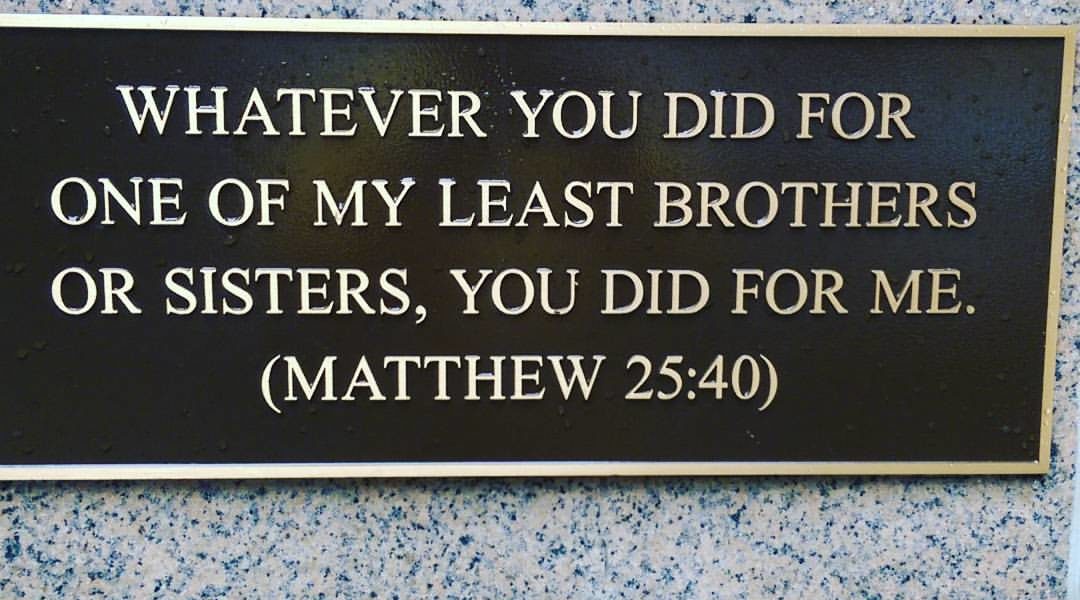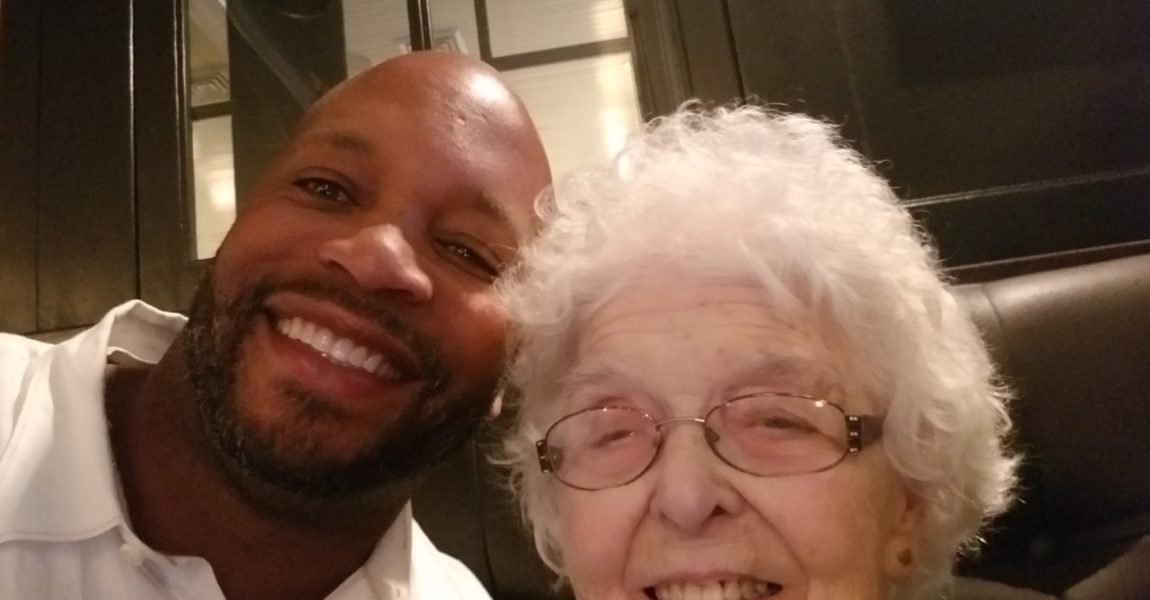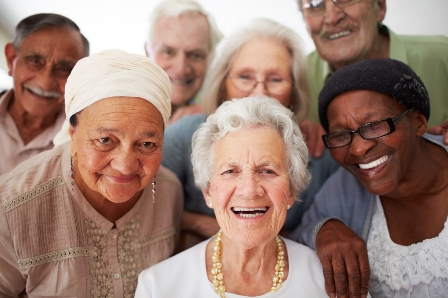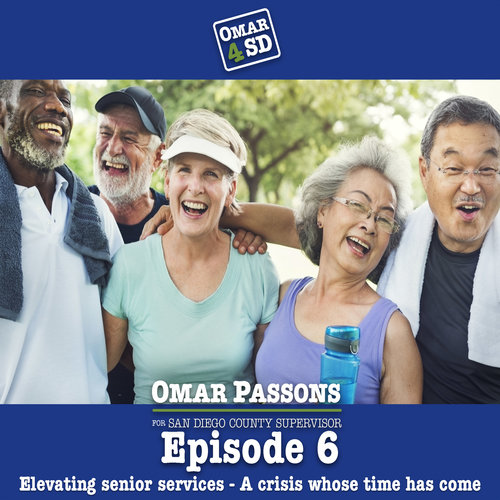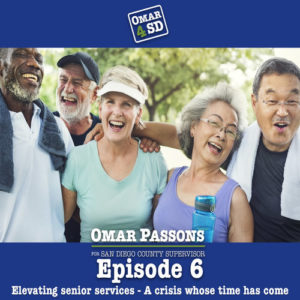Time with my mom: Reflections on senior care (pt. 3)
You can read the first two parts of this series here: Part I and Part II
The over easy eggs, crispy bacon, sausage and whole grain toast arrived at our table and my mom, carefully and with her hands shaking with Parkinson’s-induced tremors, began cutting at an egg to start her meal. As she ate, I noticed something that my sister warned me about. My mom started methodically, painstakingly, repeatedly scraping the plate to pull the yolk into one specific place. Over and over and over and over. Repeating the same motion on the plate. I choked back tears. My sister told me that she had developed moderate Obsessive-Compulsive Disorder as part of the aging process. She told me that my mom would hoard and neatly fold toilet paper and tissue (which she did), that she’d organize her crayons and pens over and over (which she also did) and that this was just part of this stage of life. But something about the way she managed this plate of food just broke my heart. The challenges that certain diseases create are really staggering and sad.
She looked up from her plate, smiled a wide, toothy smile, and let out a laugh as she thanked me and said how good the meal was! The high and lows are something.
One thing I noticed multiple times over as I wheeled and walked my mom around Tucson is how poorly designed the world is for people with disabilities. I knew this growing up with brothers and sisters who were blind or in wheelchairs, but it isn’t part of my regular life as an adult. Getting her wheelchair into and out of certain places was a real challenge. The ADA ramps sometimes don’t lead to anywhere useful and even little steps into buildings present major obstacles. Even small things like finding a place to store her chair while we ate proved a little challenging at times. One wonderful upside, though, was how delightful every single service professional was at the hotel, the restaurants, and even the stores we’d went in. I watched as clerks and servers looked at my mom with the same tenderness as if they were looking at an elderly loved one in their own lives. I noticed this and was grateful.
As breakfast concluded we began a ritual that must be mentally exhausting on a full-time basis: taking her meds. My mom’s morning pills range in size from super tiny to “horse pill” large and there were 15 distinct pills. She couldn’t take them all at once and I had to make sure she took them all, so I bent down next to her and slowly handed her a couple at a time, waiting and holding my breath a little that she didn’t choke as she swallowed. I imagined what it must be like to separate each of those pills for three meal times every day from 15 different bottles and prescriptions and keeping track of drug interactions. I’ve got some friends who are In Home Healthcare providers and I know how poorly we fund and support that work. Seeing this glimpse into how much is involved was really something.
As I write this, one thing I want to be clear about is that this story is not unique and my actions don’t get close to worthy of any praise. There are people – overwhelmingly women – who care for ailing parents on a full time basis. Every day, every night. They miss work. They balance caring for children and managing their own staff at work and squeezing in time for their own needs. Our failure as a society to better support our seniors is not just a senior care issue, it is an economic issue, a woman’s issue (occasionally a man’s issue, to be sure), and an inter-generational challenge that we have to grapple with.
For me, in this weekend with my 85-year old mom, I got a glimpse into the mental strength necessary to be there for an ailing parent. I am grateful to have been in a position to do it even for just a weekend. I am grateful that my sister and her husband are close enough to be there for her on a regular basis. But thinking about my mom and the small amount of social security she receives makes me think about the growing homeless senior population in our country and what they do for medical support, for emotional support, for basic shelter. How they deal with being frail or with being clean as issues of incontinence begin to creep in. We are on the cusp of a reckoning not just in my hometown of San Diego, but across the country.
Phyllis Passons changed the course of my life with her love. She deserves every bit of my being that I can give. And I wish we as a society would do better in honoring our seniors, regardless of whether we think they saved enough or planned in a way someone thinks they ought to have. I was lucky to have the time that we shared, both to return some of the love she spent a lifetime giving to me and for the window into the many challenges our seniors and those with disabilities face.
Note: if something in this series touched you and you’d like to get more involved in senior issues, foster care, or just share some thoughts, I can be reached at omar@omarpassons.com
